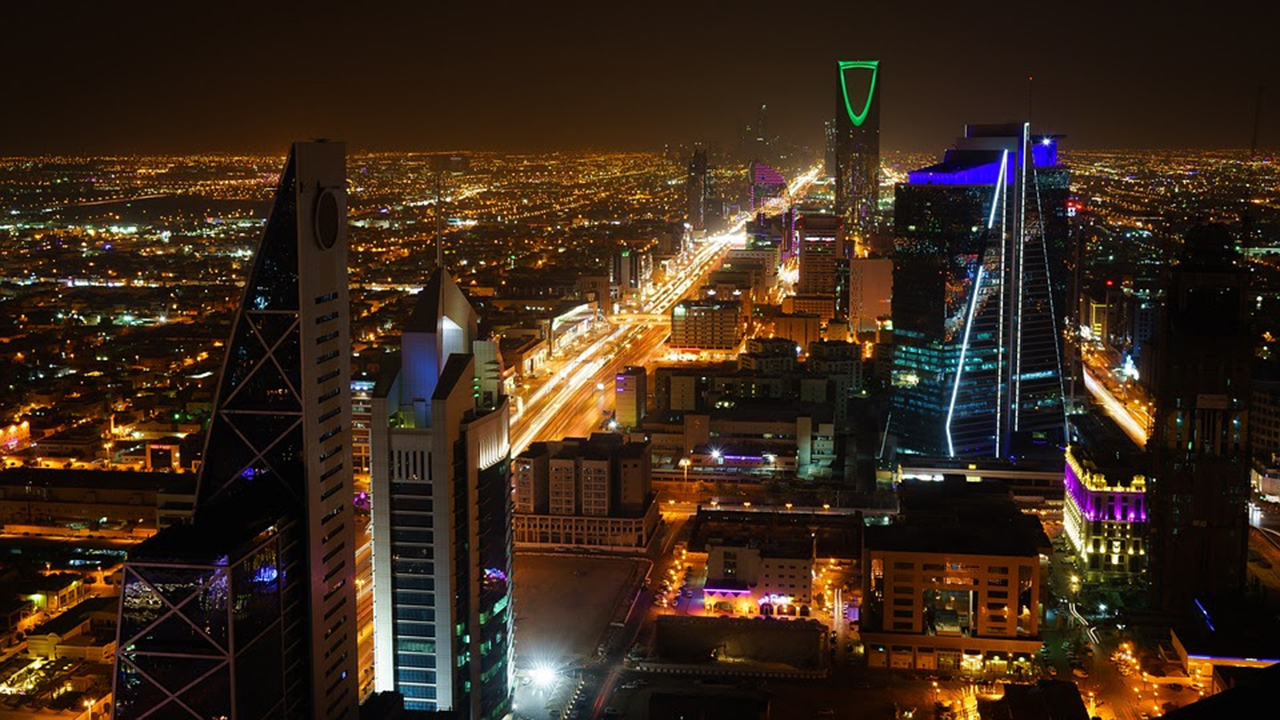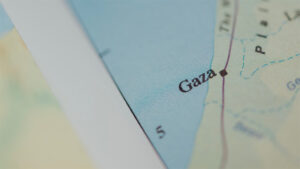The Saudi Arabian sky is falling… or at least that is the tone being set by the mainstream media. In a broad-scale “anti-corruption” action over the weekend Crown Prince Mohammad bin Salman (MBS) arrested 11 senior princes, 4 current ministers, and dozens of others across the country’s military, political and business elite. Most appear to be held in the Riyadh Ritz-Carlton (which isn’t taking new reservations until December 1 in case you are planning a trip).
MBS has only been the Crown Prince since this past June, and his father has only been king since 2015. In the past, Saudi Arabia has been ruled by private consensus among many members of the House of Saud. Seeing any bit of what happens behind the curtain – much less something as notable as mass detentions of the American equivalent of senior senators and cabinet secretaries – feels and sounds like upheaval.
It is upheaval. But please keep in mind that there is no such thing as “normal” in Saudi Arabia.
Saudi Arabia is a relatively new monarchy. As such, I find it less than helpful to discuss topics like succession “tradition” and how things are “supposed to be.” The country is an absolutist monarchy that has only ever had seven kings, the second of whom was deposed, the third fell victim to the hands of an assassin, the fifth suffered from dementia and let his crown prince run the place in his name while he shopped in Switzerland (for the better part of two decades), and the seventh (the current one) is likely too physically and mentally frail to run the county. A “normal” day in the life of Saudi Arabia is anything but.
What this does look like is a new, young leader – one Crown Prince Mohammad bin Salman – attempting to firmly establish just whose country this is. In a word, his.

And this isn’t Phase I. That was when he dished out some $5 billion in bribe- er, cash payments to Saudi families and the military at a time when oil prices were plummeting. In doing so he discovered just which branches of the family could be bought.
It isn’t even Phase II. That was the Yemen war when he started the process of establishing the military as a power node loyal to his person. (That MBS is the world’s youngest defense minister doesn’t hurt.)
This is more Phase III. Figuring out which family members cannot be bought or flattered, and putting them in a (velvet) box to see who cracks. The media has lost its mind a little bit because one of those detained is Prince Al-Waleed bin Talal, long a major (and loud) personality in the Western investment and media community for his large stakes in everything from Citigroup to Facebook and Twitter. Within Saudi Arabia, however, al-Waleed is simply a buzzing annoyance. The most significant thing about his detainment is that we (thankfully) won’t have to hear about him for a while.
Far more important are two sons of one of the country’s previous kings: Princes Mutaib and Turki bin Abdullah. While neither have direct claim to the throne, Turki is/was governor of Riyadh Province and the manager of his branch of the family’s money, while Mutaib is/was commander of Saudi Arabia’s National Guard – one of the country’s few tools of hard power that MBS does not (did not?) already control directly. (In a bit of delicious irony that is no longer possible in Western democracies, the National Guard’s primary responsibility is protecting the ruling family against coup attempts.)
What’s happened so far has been MBS being nice. Next will come Phase IV – using heavy and/or sharp objects on those who refuse to bow to the Crown Prince’s vision.
The importance of this process should not be trivialized. There are tens of thousands of members of the extended Saud family, with in excess of 2,000 princes of reasonable power. Before now Saudi Arabia’s rulers have placated many of them with the hope that they or their progeny would hold a governorship or high-ranking ministry or perhaps even be in line to rule. Salman’s appointment of his son to the position of Crown Prince leapfrogged literally dozens of potential rulers, brutally ending that pleasant fiction. MBS is only 32, so barring poison, bullets or something of similar unpleasantness, MBS will rule the country for the better part of this century. In my opinion, he’s already been ruling the place since his dad became king.

In my last newsletter, I discussed how personalities rarely matter in the world of geopolitics… except in the moments when they do. Mohammad bin Salman is not yet king and there’s no way I can guarantee that he will be or, when he takes the throne, he will be successful in his endeavors. But what I do know is this: that despite its relative wealth, Saudi Arabia is one of the most staggering collections of geopolitical weaknesses in the world. It is a slap-dash fusion of desert hicks elevated by the British to royalty, fused to one of the world’s most backwards-looking and violent political ideologies, who rule over a largely uneducated population that lives in a trackless desert fueled by but a single commodity that is sold in markets far beyond their reach, that find themselves standing against some of the world’s powerful nations (Russia, Iran and Turkey). And the one country that has traditionally protected them – the United States – no longer finds that singular commodity particularly useful.
This is not a recipe for success. MBS has upended the country’s go-slow consensus model largely because he has no other choice. He needs unity, or at the very least, loyalty. And he is hardly the only world leader to realize that saying “please” doesn’t necessarily get you where you need to go.
China needed Mao to gut a corrupt bureaucracy, Deng to catapult the country out of terror into the 20th century, and now Xi to forcibly unite what’s left. India’s Indira Gandhi smooshed the various disparate elements of her country into a mostly-modern, largely-meaningful whole. The French and English fought multiple civil wars over what it would mean to be French and English – names like Joan and Napoleon and Elizabeth and Victoria are celebrated for good reason. Even Lincoln is well known for prosecuting a brutal conflict as a means of unifying a country that after four-score-and-seven-years had yet to gel. Blessed are the few that can do it without violence, but not everyone can be New Zealand or Singapore.
For many countries – Saudi Arabia among them – the cold, hard geopolitical reality is that the only way to successfully cobble together a cohesive modern state is through strong, direct leadership and the consolidation of authority. Considering the proto-tribal nature of Saudi politics, the only bit that surprises me is how civilized the consolidation of Saudi Arabia has been to this point. Don’t count on the calm lasting.







